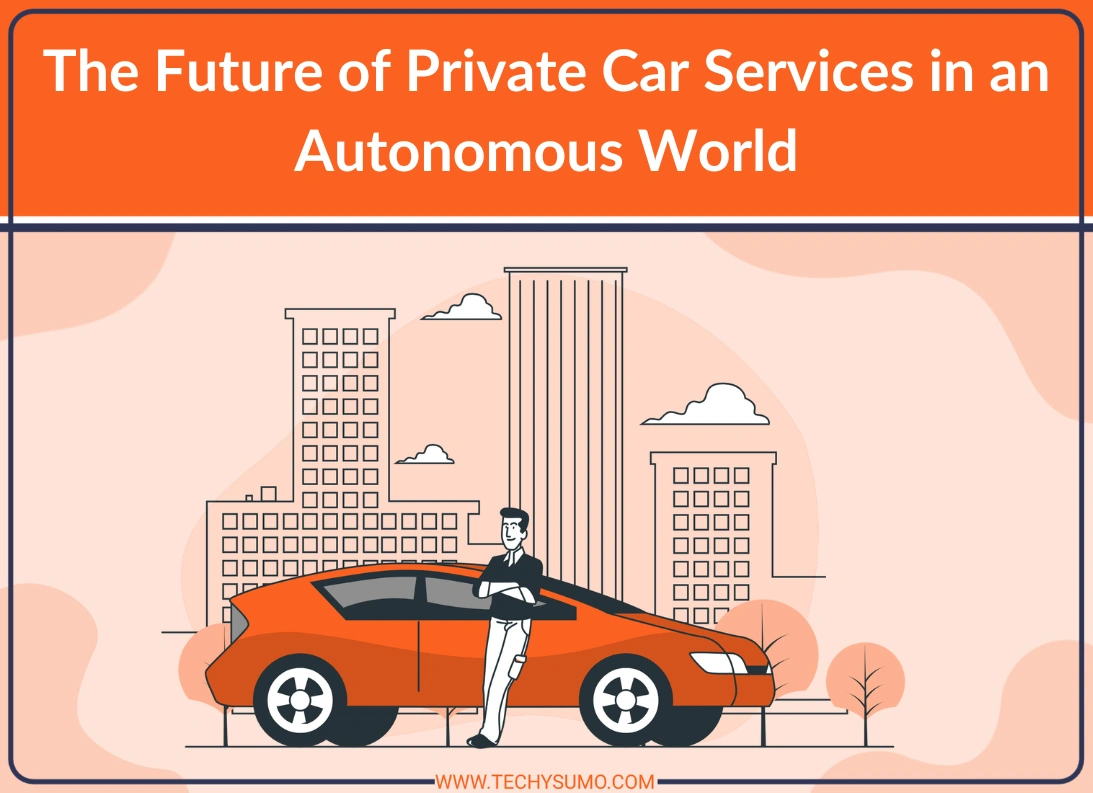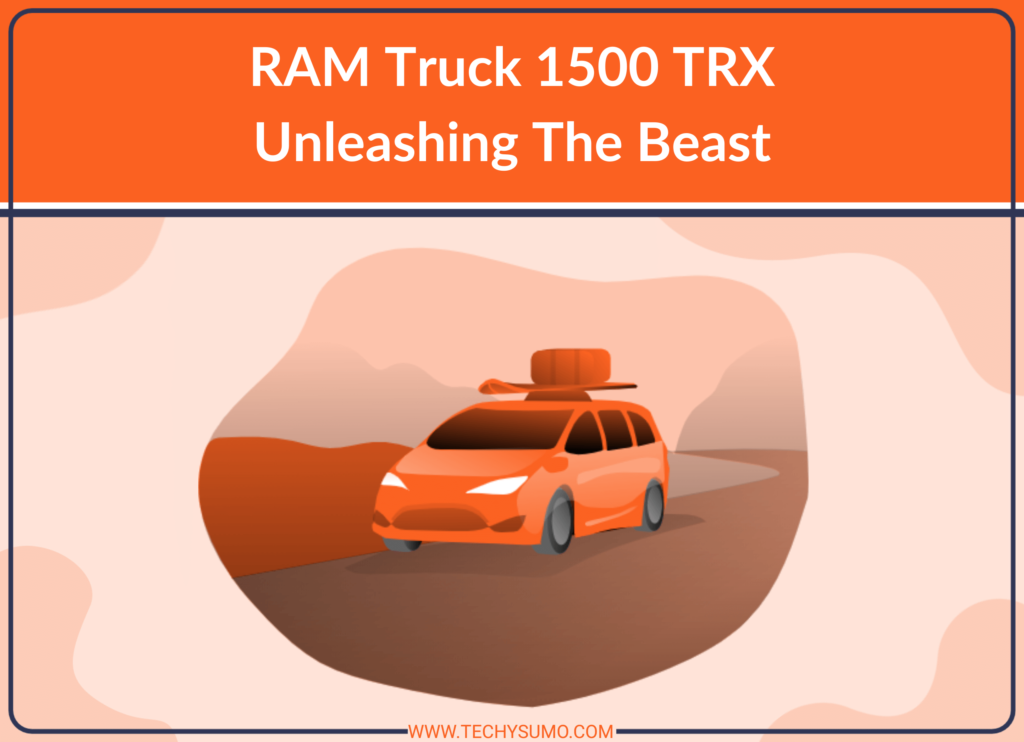Autonomous vehicles are rapidly transforming the transportation landscape, promising major shifts in how we think about private travel. As innovations like Tesla’s Robotaxi begin rolling out in pilot cities, travelers and industry professionals ask: What does the future hold for traditional private car services? For those exploring reliable, modern solutions in ground transportation, providers such as Anaheim car service are already adapting to evolving technologies to remain competitive and elevate client satisfaction.
This article explores how private car services adapt to the autonomous revolution, highlighting key areas such as technology integration, customer experience, industry partnerships, and regulatory adaptation. By examining these factors, private car service providers and users alike can better understand and prepare for the future of urban and suburban travel.
Table of Contents
The Rise of Autonomous Vehicles
Autonomous vehicles (AVs) are quickly turning science fiction into daily reality. Tech giants and automotive leaders are racing to bring fully self-driving cars to market, with milestones already reached in cities like Austin, where Tesla Robotaxis operates. These vehicles use advanced sensors, machine learning, and real-time data processing to navigate streets without human intervention. The widespread adoption of AVs signals a transformation in transportation, moving towards a future where convenience and efficiency outpace individual car ownership for many needs. For further insights on the rollout of this technology, see this recent feature from WIRED.
Impact on Private Car Services
The emergence of AVs is expected to shift transportation patterns dramatically. Research from the McKinsey Center for Future Mobility projects that by 2035, only 29% of trips will involve private car ownership, compared to 45% in 2022. This trend can be alarming for established private car services—it suggests that fewer people will invest in personal vehicles and instead opt for service-based, on-demand options. But this very evolution opens new opportunities. Luxury, reliability, and tailored customer service are harder to replicate with mass-market robotaxis, ensuring that specialized providers will continue to play a crucial role in mobility solutions. To review these trends in detail, here’s a CNBC analysis.
Adapting to the New Landscape
To remain resilient amid change, forward-thinking private car services invest in AV technology as a core offering. By gradually incorporating autonomous vehicles into their fleets, these companies unlock cost savings from reduced driver labor, increased vehicle utilization, and advanced safety features. Adopting sophisticated route optimization algorithms and real-time traffic analytics further boosts efficiency, offering services at competitive prices without sacrificing quality.
Also Read
Moreover, smart data usage enables services to understand peak demand, adjust vehicle deployment, and personalize the rider journey—all crucial for staying ahead as consumers become more tech-savvy and expectation-driven.

Enhancing Customer Experience
With convenience setting new industry standards, private car services prioritize user-centric features to distinguish themselves from large-scale robotaxi fleets. Modern travelers value seamless booking experiences, real-time ride tracking, and transparent pricing. This focus on smooth, reliable service extends even to logistical needs like car shipping Texas to Florida. Professional services offer enhanced amenities—from curated playlists and onboard Wi-Fi to gourmet refreshments and high-quality in-car environments—ensuring every trip feels both exclusive and comfortable.
Many providers also explore subscription-based models and bespoke experiences for corporate accounts or leisure travelers. These personalized touches build customer loyalty and foster positive word-of-mouth, keeping high-end car services relevant even as the technology landscape evolves.
Collaborations and Partnerships
Integrating autonomous vehicles requires expertise across multiple domains—software engineering, AI, logistics, and hospitality. Private car services accelerate autonomous fleet integration by creating technology partnerships with leading innovators while maintaining quality and safety standards. Strategic alliances with hotels, events, and travel companies extend their reach and offer bundled experiences that automated ride-hailing giants cannot match.
Regulatory Considerations
The rollout of AVs is governed by a patchwork of local, state, and national regulations, making compliance a complex undertaking. Staying current with evolving rules—covering everything from insurance requirements and vehicle certification to data privacy and passenger rights—is critical for smooth business operations. Active engagement with policymakers ensures that private car service providers’ needs are represented as new standards are developed, providing protection and opportunity in an uncertain regulatory landscape. For a comprehensive regulatory outlook, refer to this detailed analysis from Forbes.
Future Outlook
The private car service sector stands on the brink of profound change—and enormous opportunity. Providers can thrive amid technological disruption by embracing innovation, integrating autonomous technology, and enhancing the client experience. Strategic partnerships, regulatory awareness, and a relentless focus on customer satisfaction will define the leaders in this new age. While autonomous vehicles will reshape people’s travel, the value of human-centric, premium ground transportation remains as relevant as ever.
Ultimately, the future is bright for those who innovate—making the journey as memorable as the destination, whether behind the wheel or not.
Conclusion
As technology reshapes transportation, private car services intersect with innovation and convenience. Integrating autonomous vehicles promises safer, more efficient, and customizable travel experiences while preserving the luxury, reliability, and personal attention that clients expect. By blending advanced automation with tailored service, providers can redefine mobility for everyday commuters and high-end travelers. Preparing for this shift today ensures adaptability, stronger customer trust, and long-term success in a world where innovation continues to drive how people move.






